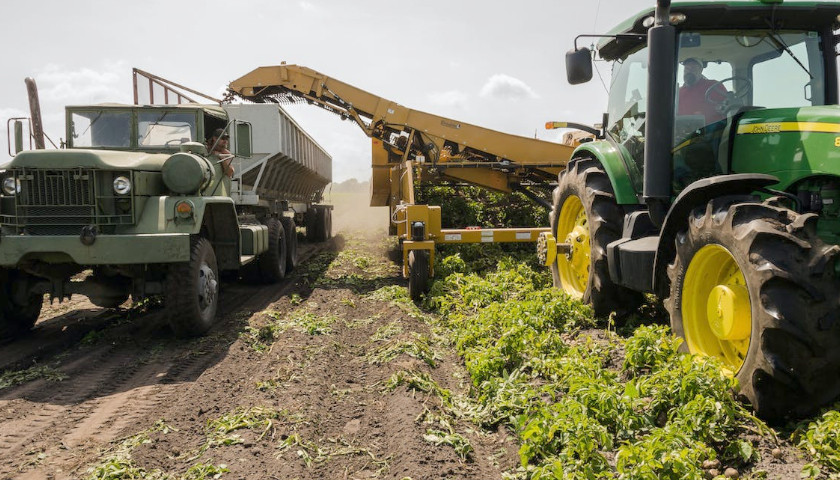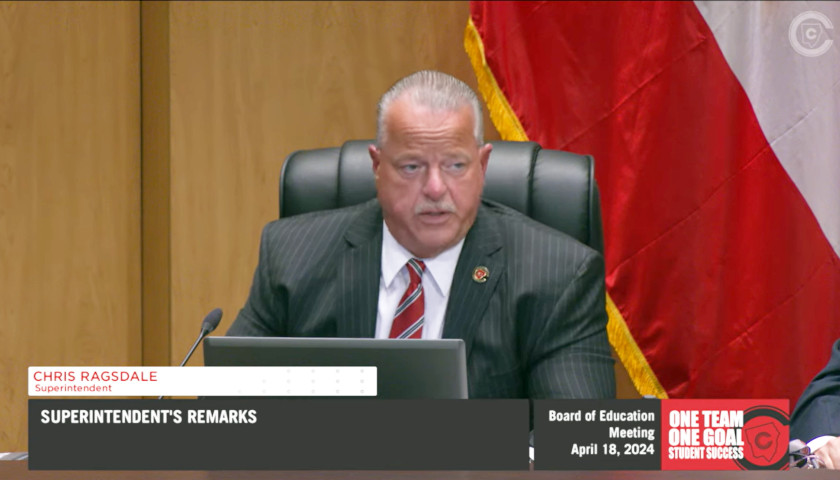by Anthony Hennen
The effect of inflation on Pennsylvania’s agricultural sector has been to exacerbate already-existing problems, driving up costs and squeezing business owners.
Since March, the monthly consumer price index in Pennsylvania has averaged 8.4%. Large amounts of federal spending, along with the Russian invasion of Ukraine, have meant rising prices from raw materials to food and consumer goods.
The House Republican Policy Committee held a hearing on Wednesday to understand the plight of the state’s agricultural businesses. While business owners have to deal with rising costs, so does the public, many of whom are economically struggling
“Eggs are typically the least expensive protein out there,” said Chris Pierce, president of Heritage Management Poultry Services. “It breaks my heart when consumers can’t afford to buy eggs. We need to be able to provide all levels of life affordable food, and the decisions of administrations have made that very challenging for all families.”
Rep. Martin Causer, R-Bradford, emphasized that Pennsylvania’s natural resources could play a role in keeping energy prices down.
“We have the resources here in the state to really bring down the cost of energy and we are focused on that – we need to convince more of our colleagues to focus on that because that is a major cost driver for businesses across the state,” Causer said.
Pierce noted another area he’d like to see improvements on the labor side.
“Better options for genuine immigration reform – that we have the ability to provide jobs to people,” Pierce said. “The jobs are there and the people here maybe don’t want to do these jobs, and it’s not a wage issue. But it will eventually because we’re short on people.”
For some farmers, it’s an open question of whether their children will take over the farm. Inflation makes a farming future a riskier bet.
“We want our kids to be able to grow and continue this lifestyle if they so desire,” said Heather Lewis, a first-generation farmer in Lancaster County. “But it’s tricky with inflation. You have that unknown feeling about the future … but will we be able to stay ahead of the risk?”
Lewis noted prices for inputs on the farm have increased anywhere from 25% to 100%, and used an analogy of a strap tightening as difficulties pop up.
“It’s an uneasy time,” Bill Beam, president and owner of Beam Farms, said. “Volatility is probably the most difficult thing to manage around.”
Beam noted his fuel costs have gone up by $65,000.
“Energy costs drive everything,” he said.
– – –
Anthony Hennen is a reporter for The Center Square. Previously, he worked for Philadelphia Weekly and the James G. Martin Center for Academic Renewal. He is managing editor of Expatalachians, a journalism project focused on the Appalachian region.








